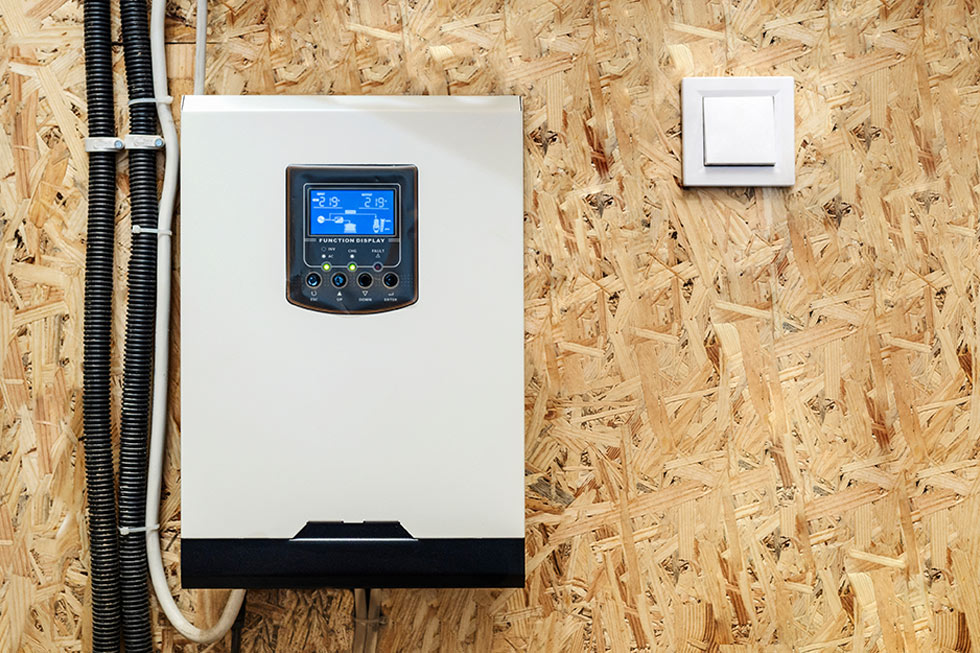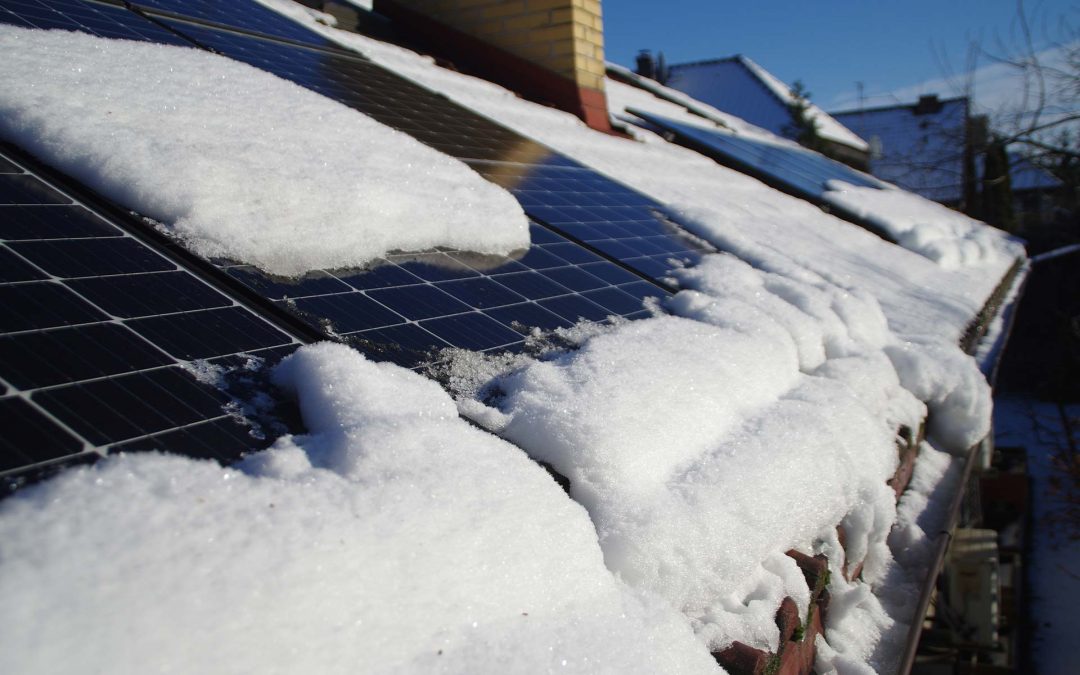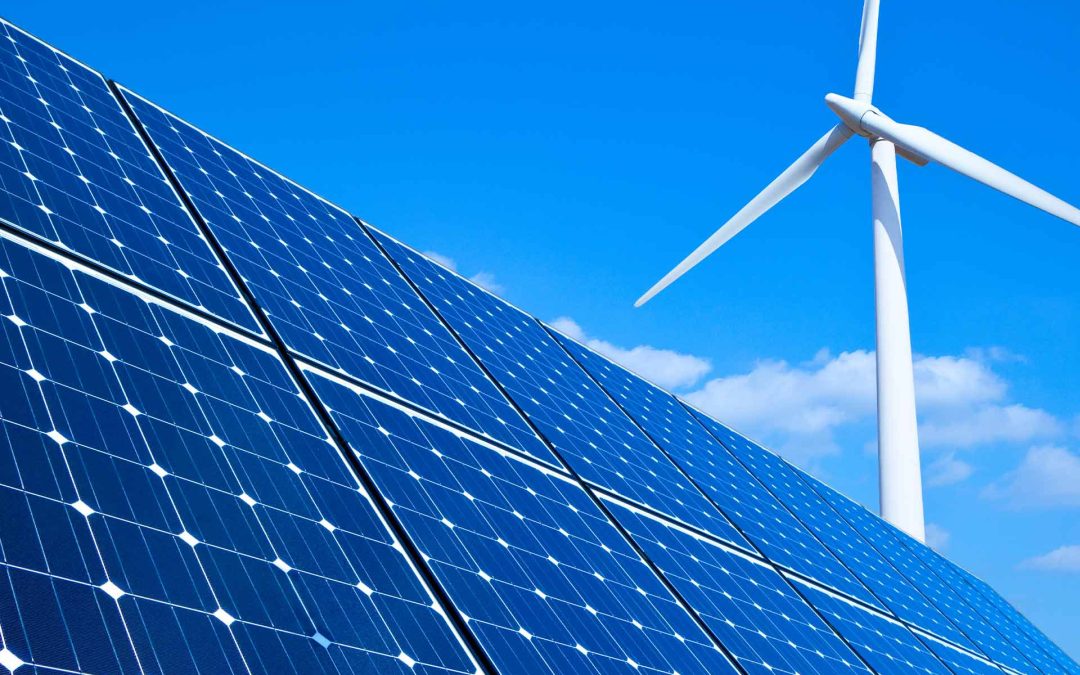The allure of solar energy is undeniable – harnessing the power of the sun to generate clean and sustainable electricity has gained widespread appeal. In the United Kingdom, solar panels have been embraced by homeowners and businesses alike, offering the promise of lower energy bills and reduced carbon footprints. However, the UK’s intermittent sunlight can pose challenges for solar energy generation. That’s where solar energy storage solutions come into play. In this article, we’ll explore the various options available for storing excess solar energy using batteries, addressing the unique needs of the UK’s weather patterns.
The Intermittent Nature of UK Sunlight
Let’s face it: the UK is not known for its abundant sunshine. Cloudy days and unpredictable weather patterns can hinder consistent solar energy production. During sunny days, solar panels generate more electricity than you can use immediately, leaving you with surplus energy that typically goes unused. Solar energy storage solutions are designed to capture this excess energy and store it for use when the sun isn’t shining, making solar power a more reliable source of electricity in the UK.
Options for Storing Solar Energy
Solar Batteries:
Solar batteries are perhaps the most popular and efficient solution for storing excess solar energy. These batteries, such as lithium-ion batteries, are designed to store electricity generated by your solar panels. When the sun is shining, excess energy is stored in the battery. Then, when the sunlight diminishes or during nighttime, you can draw upon the stored energy to power your home. Solar batteries like Tesla’s Powerwall have gained popularity due to their efficiency and sleek design.
Lead-Acid Batteries:
Lead-acid batteries are an older technology but are still used in some solar energy storage applications. They are less efficient and have a shorter lifespan compared to lithium-ion batteries, but they can be a more cost-effective option for smaller-scale solar setups.
Flow Batteries:
Flow batteries are another emerging technology for solar energy storage. These batteries store energy in liquid electrolytes, which can be charged and discharged efficiently. Flow batteries are known for their scalability and long lifespan, making them a promising option for both residential and commercial applications.
Hydrogen Storage:
Although less common for residential use, hydrogen storage is an option that can store large quantities of solar energy. Electrolyzers use excess solar electricity to split water into hydrogen and oxygen, which can be stored for later use. Fuel cells then convert hydrogen back into electricity when needed.
Advantages of Solar Energy Storage in the UK
Energy Independence:
Solar energy storage solutions allow homeowners and businesses to become more self-reliant and less dependent on the grid. This can be particularly valuable during power outages or emergencies.
Energy Savings:
By using stored solar energy during peak electricity demand times or when electricity prices are high, you can save money on your energy bills.
Reduced Carbon Footprint:
Storing excess solar energy allows you to maximise your use of clean and renewable energy, reducing your reliance on fossil fuels and lowering your carbon emissions.
Grid Support:
Solar batteries can also provide grid support by reducing the strain on the electricity grid during periods of high demand, contributing to a more stable and efficient energy infrastructure.
Conclusion
In the UK, where sunlight can be intermittent, solar energy storage solutions are a game-changer. They transform solar power into a dependable and continuous energy source, allowing homeowners and businesses to maximise the benefits of their solar panel installations. With options ranging from solar batteries to flow batteries and hydrogen storage, there’s a solution to fit every need and budget. By embracing these storage technologies, you can not only reduce your energy bills but also play a vital role in the transition to a greener and more sustainable energy future for the UK.
Ready to make the switch to solar?
Contact us today for a free quotation on 01706 662 608 or fill in our contact form and we’ll call you back.



